The shortlist for the 2012 Arthur C Clarke Award has just been announced, and it’s a typically eclectic selection.
“I think it surprises in lots of different ways, which is perhaps the job of the Clarke Awards, to make people look afresh at the genre,” says administrator Tom Hunter.
The winner will be announced at the SCI-FI-LONDON festival, which runs from 1-7 May. www.sci-fi-london.com
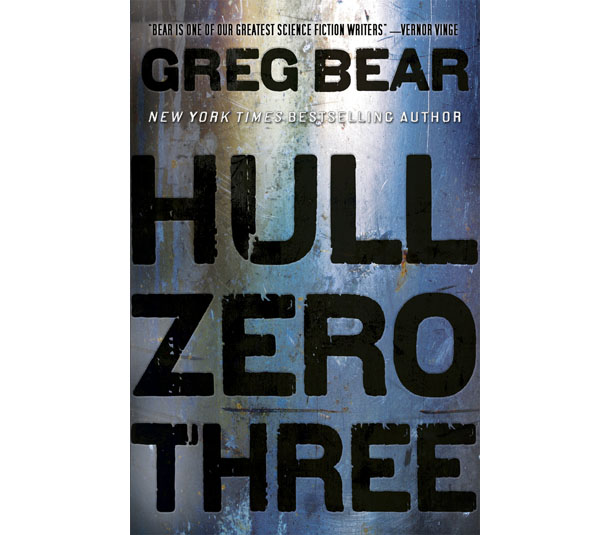
Hull Zero Three (Gollancz)
By Greg Bear
The author: Hugo and Nebula winner best known for such epics as Eon and Moving Mars . One of American hard SF’s biggest Bears. (Sorry…)
The novel: A novel that distils the essence of one of science fiction’s oldest tropes, the generation ship tale, down to a deceptively simple central question: what exactly are we doing out here?
Chances: Bear’s knowing way with genre conventions may appeal to the judges – possibly a good outside bet.
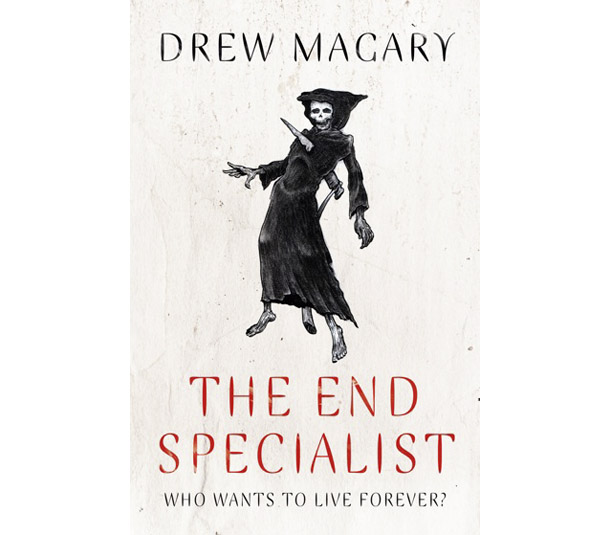
The End Specialist (Harper Voyager)
By Drew Magary
The author: American novelist who first came to prominence writing for sports blogs Deadspin and Kissing Suzy Kolber .
The novel: In the future, a cure for ageing has been discovered. Enter pro-death terrorists, who kill protagonist John Farrell’s best mate. A dystopian thriller about what it would mean for us if we could live forever.
Chances: Magary’s debut may be a little too high concept to grab the prize, but he’s a major new talent.
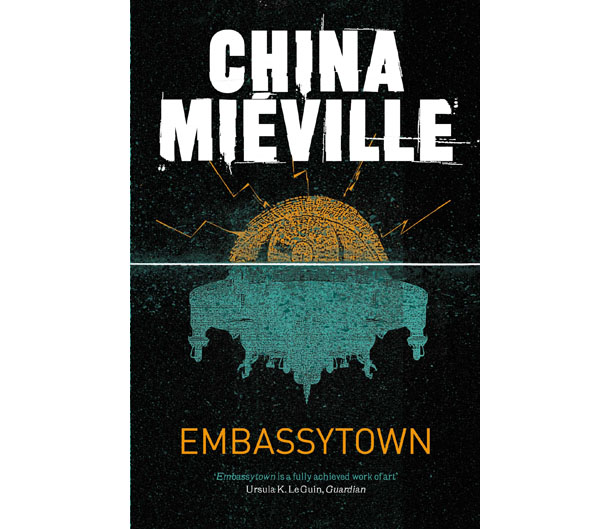
Embassytown (Macmillan)
By China Miéville
The author: Doyen of the New Weird who has already won the Clarke three times, for Perdido Street Station (2001), The Iron Council (2005) and The City & The City (2010).
The novel: Miéville’s first explicitly SF work is the tale of an utterly alien world, and variously explores theology, revolution and the nature of language. Miéville’s suspicious of the term, but an extraordinary novel of ideas.
Chances: Surely the red-hot favourite, which probably means it won’t win…
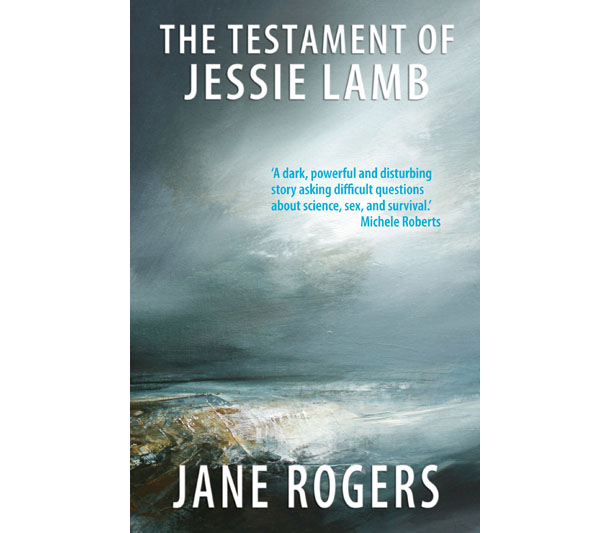
The Testament of Jessie Lamb (Sandstone Press)
By Jane Rogers
The author: Brit writer better known as a literary novelist and dramatist than for writing science fiction.
The novel: An apocalyptic novel centred on the chilling notion of maternal death syndrome (MDS), where any woman who falls pregnant falls ill with a form of CJD and dies.
Chances: Possibly a choice too far from SF’s centre-ground even for the Clarke judges, although Margaret Atwood’s The Handmaid’s Tale won the inaugural prize in 1987.
Get sneak previews, exclusive competitions and details of special events each month!
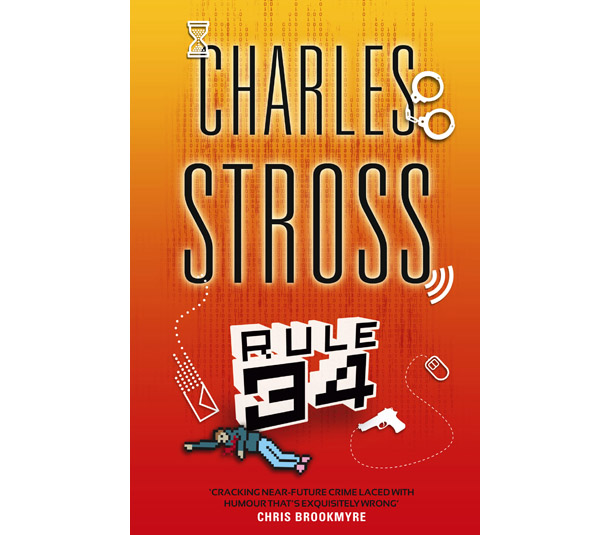
Rule 34 (Orbit)
By Charles Stross
The author: Fiendishly clever and prolific British author whose writing encompasses hard SF, fantasy and near-future thrillers.
The novel: Riffing off the Internet “rule” that, “If it exists, there is porn of it, no exceptions,” the second novel in Stross’s Halting State sequence is, in the approving words of Cory Doctorow, a “pervy technothriller about the future of policing”.
Chances: We wonder. This isn’t his strongest book, but could Stross be due a Clarke for sheer consistency?
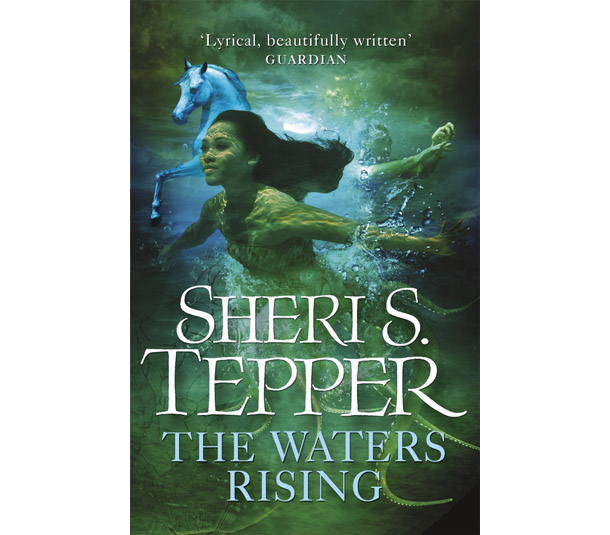
The Waters Rising (Gollancz)
By Sherri S Tepper
The author: Now in her 80s, Tepper is indisputably one of the grand dames of American SF, an eco-feminist pioneer whose best work bears repeated reading.
The novel: Tepper’s follow-up to A Plague of Angels (1993), vividly tells the story of a world ravaged by pollution and genetic engineering mishaps.
Chances: The Margarets , arguably a better book, didn’t win the Clarke after being shortlisted, but we wouldn’t bet hard cash against the judges honouring Tepper.
SFX Magazine is the world's number one sci-fi, fantasy, and horror magazine published by Future PLC. Established in 1995, SFX Magazine prides itself on writing for its fans, welcoming geeks, collectors, and aficionados into its readership for over 25 years. Covering films, TV shows, books, comics, games, merch, and more, SFX Magazine is published every month. If you love it, chances are we do too and you'll find it in SFX.


